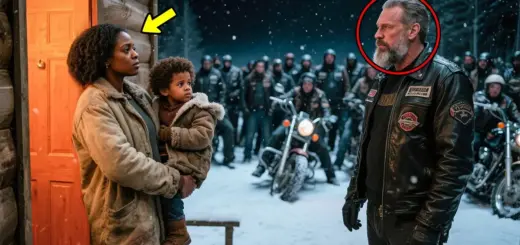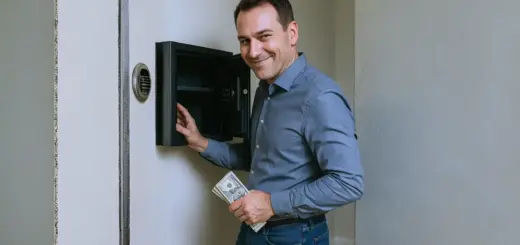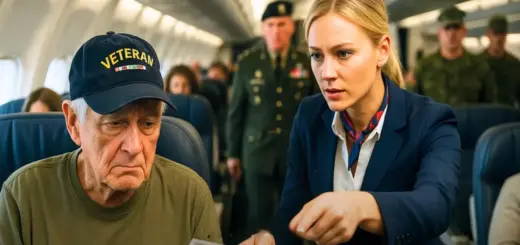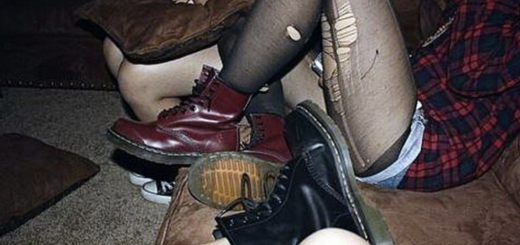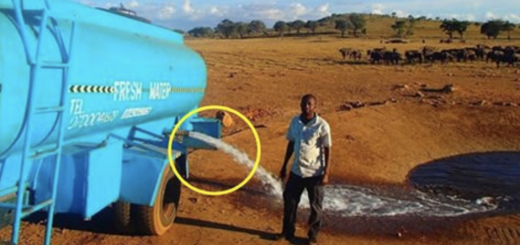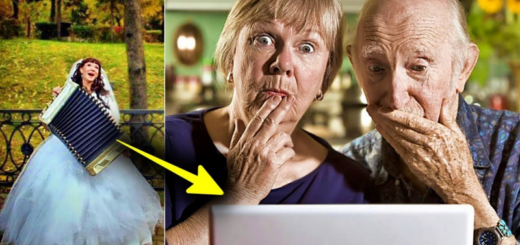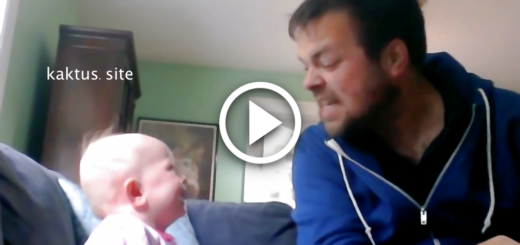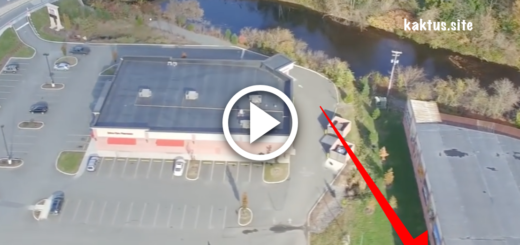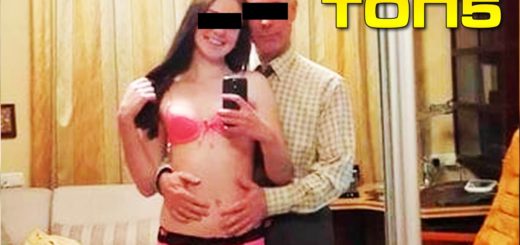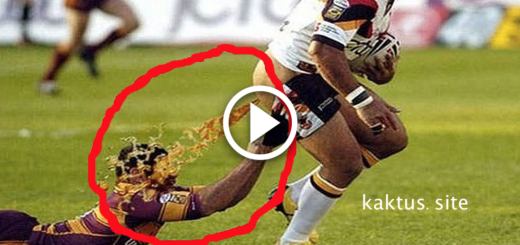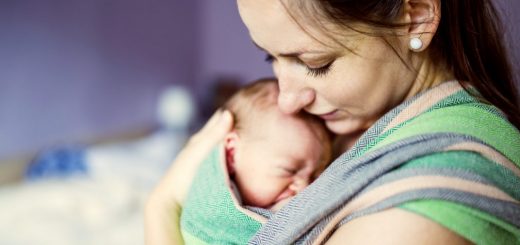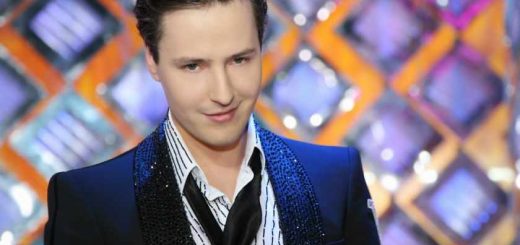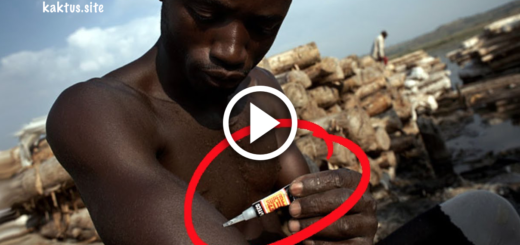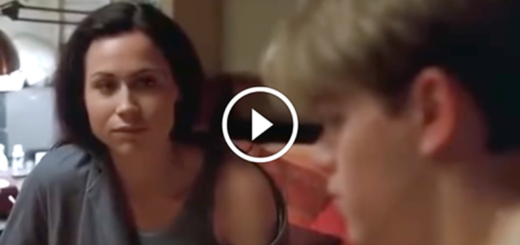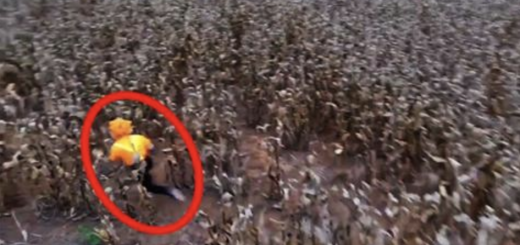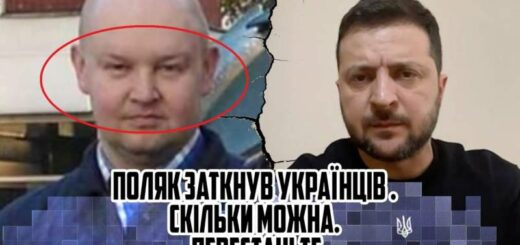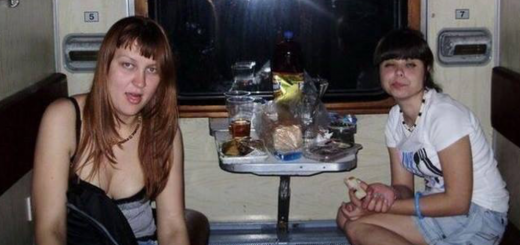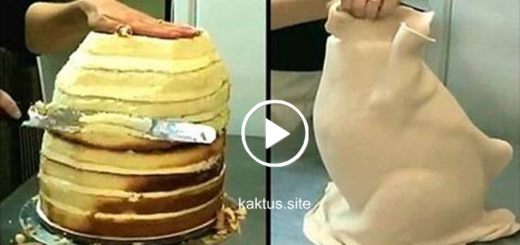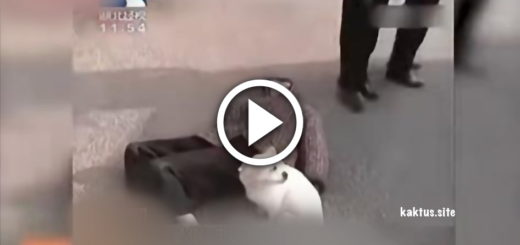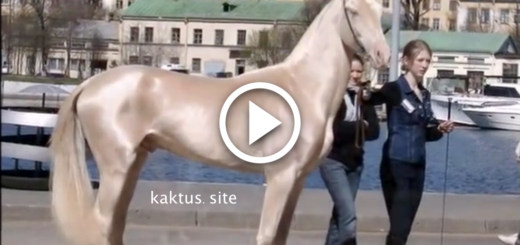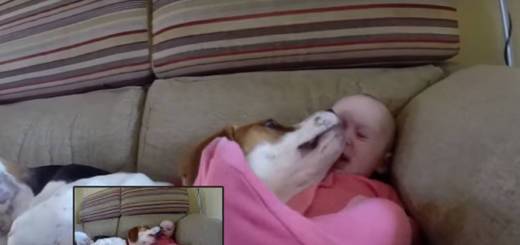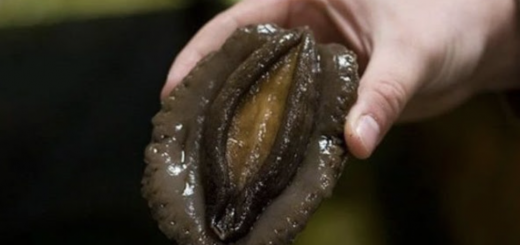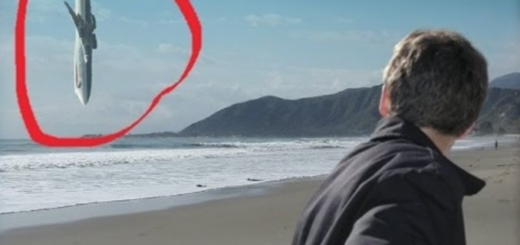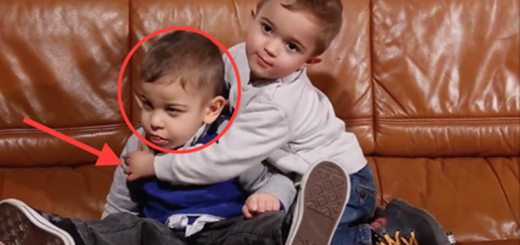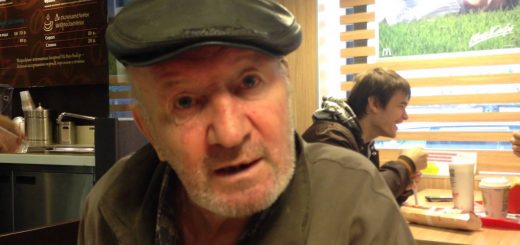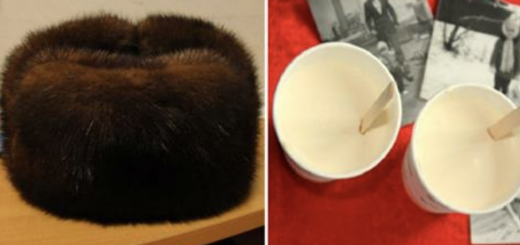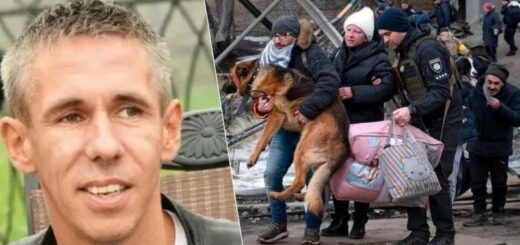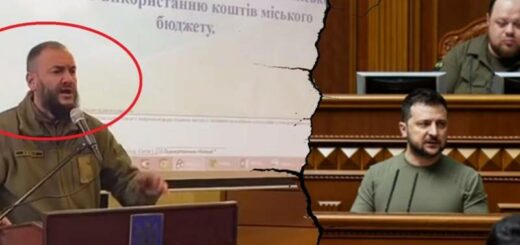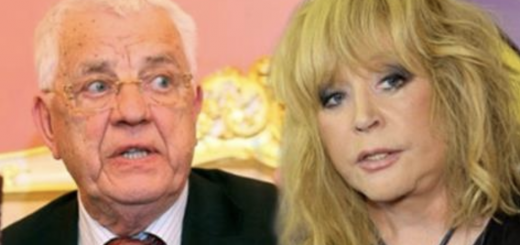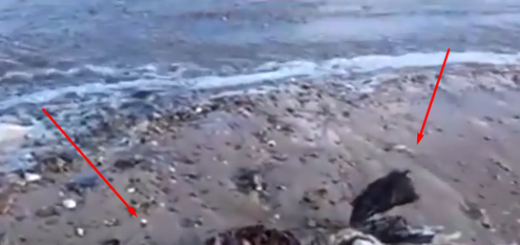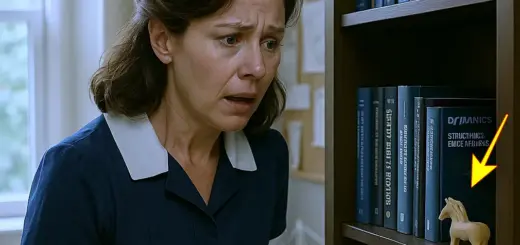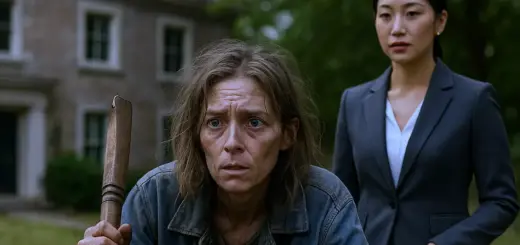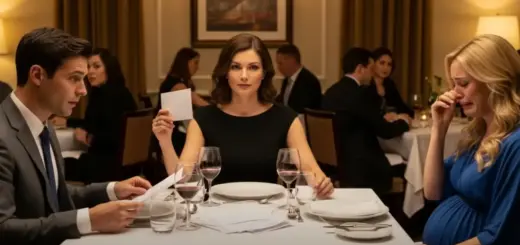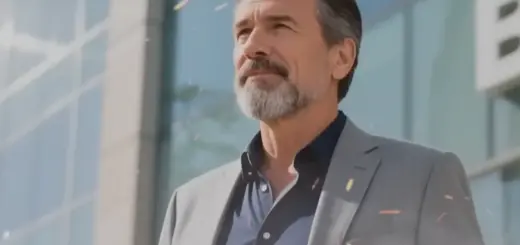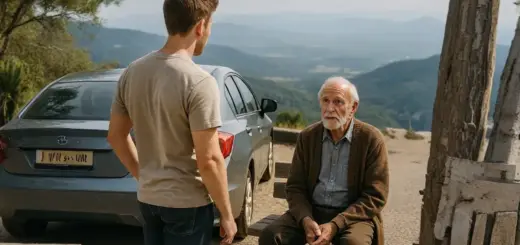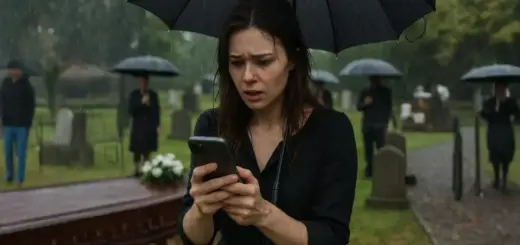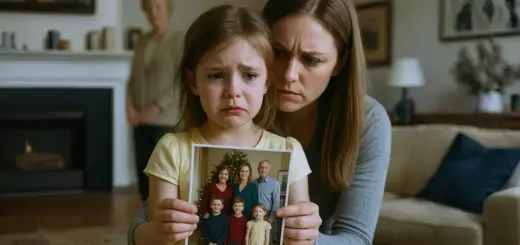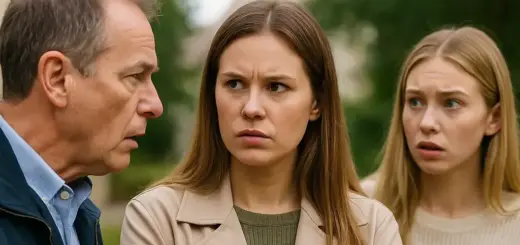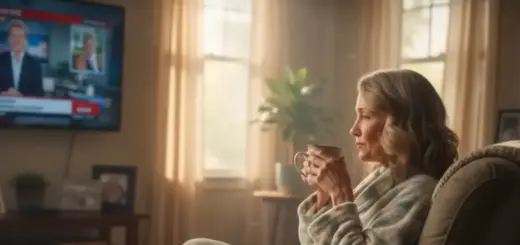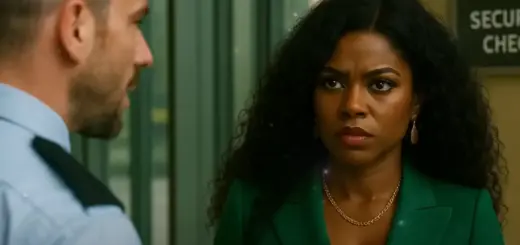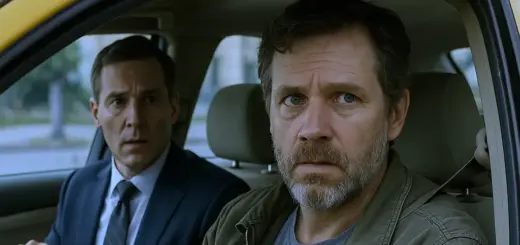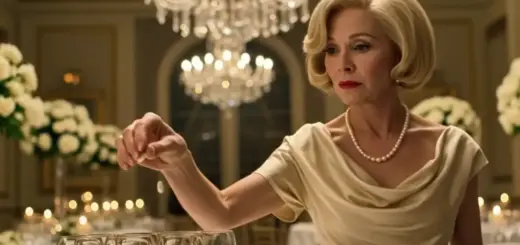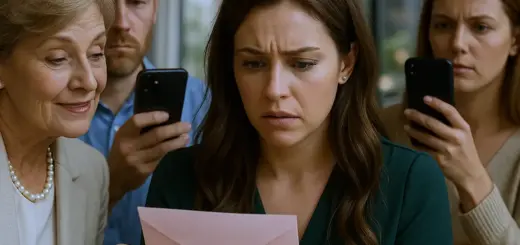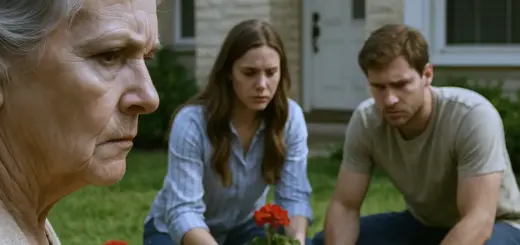Caroline hesitated. «She may not remember. It was a stressful time.»
«She testified under oath that she didn’t give you pills. Are you saying she’s lying?»
«No, I’m saying she may have forgotten.»
«And if you were taking the medication for yourself, why did you drop it into a glass at the head table? Why not take it privately, in the bathroom or elsewhere?»
«I… I was confused. I told you I was stressed.»
«Confused enough to check the place cards to make sure you had the right glass?» Amanda’s voice was sharp. «The video shows you reading the place cards, Mrs. Ashford. That doesn’t suggest confusion. That suggests deliberate intent.»
Caroline’s composure cracked slightly. «You’re twisting everything.»
«Am I? Or am I simply pointing out the inconsistencies in your story?» Amanda picked up a tablet, showing the security footage again. «Let’s watch this together, shall we? Here you are, approaching the table. Here you are, pulling something from your purse. Here you are, leaning down to read the place cards. And here…» She paused the video. «Here you are, holding your hand directly over the glass marked ‘Lori.’ The glass that was not where you would be sitting. The glass that belonged to your daughter-in-law.»
The courtroom was silent. «Now, Mrs. Ashford, I’ll ask you again. Were you confused about which glass was yours?»
Caroline’s face had turned red. «I don’t remember exactly. Everything is blurry from that day.»
«Convenient that your memory is blurry about this specific moment but crystal clear about your sister allegedly offering you pills, something she denies.»
«I’m not lying!»
«Then explain to this jury why, if you were taking medication for your own anxiety, you never once mentioned it to the doctors at the hospital. You never told the paramedics, never told the ER physicians who were trying to figure out what was wrong with you. Why?»
«I was disoriented!»
«You just humiliated yourself in front of hundreds of people.»
«Humiliated yourself doing exactly what you intended Lori to do. The only difference is, she saw you tampering with her drink and protected herself. You drank your own poison, Mrs. Ashford. And now you’re asking this jury to believe you’re the victim.»
«Objection!» Huxley was on his feet. «Argumentative.»
«Sustained,» the judge said. «Ms. Cameron, rephrase.»
But the damage was done. I could see it on the jurors’ faces. Some of them were looking at Caroline with disgust.
Amanda pressed on. «Mrs. Ashford, you’ve built a reputation in this community as a pillar of society. You chair charity boards, you host fundraisers, you move in the best social circles. Isn’t it true that Lori Winters didn’t fit into that world?»
«I don’t know what you mean.»
«Isn’t it true that you disapproved of your son’s choice to marry a public school teacher from a middle-class family?»
«I wanted my son to be happy.»
«That’s not what I asked. Did you approve of his choice?»
Caroline’s jaw tightened. «I thought he was young. I thought he had options.»
«Options meaning women from wealthier families? Women with the right pedigree?»
«I wanted him to be sure.»
«Sure enough that you were willing to sabotage his wedding? To drug his bride? To risk her health and safety just to prove she wasn’t good enough?»
«No!» Caroline’s voice rose, her careful composure finally shattering. «I never wanted to hurt anyone. I just wanted—I just wanted my son back! She took him from me! Everything was fine before her, and then she came along and suddenly I wasn’t good enough anymore. Dylan chose her over me, over his own mother, and I just wanted—»
She stopped abruptly, her hand flying to her mouth as she realized what she’d said. The courtroom erupted in whispers. Huxley’s face had gone pale.
Amanda smiled. «No further questions, Your Honor.»
Caroline was escorted from the stand, her face buried in her hands. As she passed the defense table, I heard her sobbing. I should have felt vindicated, but mostly I just felt sad. This woman had thrown away everything—her reputation, her family, her freedom—because she couldn’t let go of her son.
The closing arguments were powerful on both sides, but the outcome felt inevitable after Caroline’s outburst. The jury deliberated for six hours. When they came back, I was sitting between Dylan and my mother, holding both their hands so tightly my fingers ached.
«On the charge of attempted poisoning, how do you find?»
«Guilty.»
«On the charge of reckless endangerment, how do you find?»
«Guilty.»
The courtroom exploded in noise. I heard Caroline sobbing loudly. Robert sat stone-faced in the gallery. Andrew had his head in his hands. Dylan pulled me into his arms, and I finally let myself cry, not from sadness but from relief. It was over. Finally, it was over.
The sentencing hearing was two weeks later. The judge, a stern woman in her sixties named Judge Patricia Morrison, reviewed the case carefully before pronouncing sentence. «Mrs. Ashford, you have been convicted of serious crimes. You deliberately endangered another person’s health and safety. You violated trust in the most fundamental way. And perhaps most troubling, you did all of this at a wedding, a celebration that should have been joyous, turning it into a nightmare for your victims.»
Caroline stood beside Huxley, her shoulders shaking.
«The prosecution has asked for the maximum sentence of five years. The defense has asked for probation and community service, citing your clean record and charitable work.» Judge Morrison paused. «I’ve considered both arguments. And while I recognize you have no prior criminal history, the calculated nature of this crime and your lack of genuine remorse, evidenced by your attempts to blame the victim, lead me to impose a sentence of three years in state prison, followed by two years of supervised probation.»
Caroline collapsed. Huxley caught her before she hit the floor.
«Furthermore,» the judge continued, «you are to have no contact with Lori Ashford for a period of ten years following your release. You are ordered to pay restitution for medical expenses, legal fees, and emotional damages in the amount of seventy-five thousand dollars. Do you understand these terms?»
Caroline couldn’t speak. She just nodded, tears streaming down her face. «Court is adjourned.»
I watched as the bailiffs led Caroline away in handcuffs. She looked back once, her eyes finding Dylan in the gallery. The devastation on her face was almost too painful to witness. Dylan didn’t move, didn’t wave, just watched his mother being taken to prison.
«You okay?» I whispered.
He shook his head. «No. But I will be.»
The aftermath was brutal for Caroline in ways prison alone couldn’t accomplish. The local newspapers ran the story for weeks. «Society Matron Sentenced to Prison for Wedding Poisoning Plot,» read one headline. Her mugshot was everywhere, a stark contrast to the polished society photos that had once filled the social pages. The charitable boards she’d chaired asked for her resignation. The country club revoked her membership. Friends who’d stood by her during the trial quietly distanced themselves once the verdict came down.
Robert’s divorce was finalized within three months. He gave up the house, keeping only his personal assets, wanting nothing that reminded him of Caroline. He moved to Florida and barely spoke to his sons anymore.
Andrew struggled the most. He’d started college just as the trial was beginning, and the notoriety followed him. He withdrew from school after one semester and spent several months in therapy, trying to process everything that had happened. Dylan threw himself into helping his brother. He paid for Andrew’s therapy, let him stay with us for as long as he needed, and helped him eventually transfer to a small college across the country where no one knew their family story.
«He didn’t ask for any of this,» Dylan said one night as we watched Andrew sleep on our couch, finally peaceful after weeks of nightmares. «He’s just a kid who lost both his parents in the worst possible way.»
«He has you,» I said. «He has us.»
«Is that enough?»
«It’ll have to be.»
The viral videos from our wedding eventually faded from the internet’s attention, replaced by newer scandals and fresher content. But they never fully disappeared. Sometimes, late at night, I’d Google my own name and find them still there: Caroline destroying the cake, Caroline being led away by paramedics, Caroline’s mugshot. A permanent record of the worst day of my life.
But slowly, very slowly, life began to normalize. I went back to teaching. My students stopped whispering. Parents stopped looking at me with pity or suspicion. I was just Mrs. Ashford, the English teacher who gave interesting assignments and actually listened when students talked.
Dylan and I went to couples therapy. We’d been through trauma together, and it had left scars. He struggled with guilt—guilt over not believing me at first, guilt over what his mother had done, guilt over the family damage that rippled outward from that one terrible decision.
«I should have seen it,» he’d say. «I grew up with her. I should have known she was capable of this.»
«No one could have predicted this,» our therapist, Dr. Reeves, would remind him gently. «Your mother made a choice. A terrible choice. But it was her choice, not yours.»
It took time for him to believe that. I had my own struggles: nightmares where I drank from the wrong glass, where I was the one destroying the wedding cake while everyone recorded me; anxiety about trusting people, about food and drinks in social situations; a hypervigilance that exhausted me.
«You experienced a betrayal at the hands of someone who should have been family,» Dr. Reeves explained. «That kind of violation of trust takes time to heal.»
Gradually, with therapy and time and Dylan’s steadfast support, I began to heal. We never did take that honeymoon to Italy. The idea of a romantic getaway felt tainted somehow, connected to everything that had happened. Instead, two years after the trial, we took a quiet trip to a cabin in the mountains. Just us, no phones, no internet, no reminders of the past. We hiked, we read books, and we talked about the future.
«I want kids someday,» Dylan said one evening as we sat by the fireplace. «But I’m terrified I’ll be like her. That I’ll be controlling or manipulative or…»
«You won’t be,» I said firmly. «You’re already breaking the cycle just by being aware of it. And besides, you’ll have me to keep you honest.»
He smiled, pulling me close. «Promise you’ll tell me if I ever start acting like Caroline?»
«I promise. Though I don’t think you have that in you.»
«I hope you’re right.»
Three years after the trial, we bought a house. Not in the same city where everything had happened, but two hours away in a smaller town where no one knew our story. A fresh start. It was a modest house, nothing like the mansion Dylan had grown up in, with a small yard and good schools nearby, perfect for the family we were starting to talk about seriously.
Andrew visited often. He’d finished college, gotten a degree in social work, and was working with at-risk youth. «I figure I can use my experience for something good,» he explained. «I know what it’s like when your family falls apart. Maybe I can help other kids going through it.» I was proud of him. He’d taken the worst experience of his young life and turned it into purpose.
«Have you talked to Mom?» Dylan asked him during one visit.
Andrew shook his head. «I write to her sometimes. She writes back. But I haven’t visited.»
Caroline had served two years of her sentence and been released on good behavior. She was living in a small apartment in another state, working as a receptionist at a dental office—a far cry from her former life of charity galas and country club lunches.
«Do you want to see her?» I asked Andrew gently.
«I don’t know. Part of me wants to. She’s still my mom. But part of me is so angry at what she did, what she destroyed.»
«You don’t have to decide right now,» Dylan said. «There’s no timeline for forgiveness.»
«Have you forgiven her?» Andrew asked.
Dylan was quiet for a long time. «I don’t know. I’ve accepted what happened. I’ve processed it in therapy. But forgiveness? I don’t know if I’m there yet.»
I didn’t know if I’d ever forgive Caroline, but I’d reached a point where I didn’t think about her every day, where the anger had cooled into something more like indifference. She’d tried to destroy me and she’d failed. I’d survived. I’d thrived, even. That felt like enough.
Four years after the wedding, I found out I was pregnant. I took three tests to be sure, then waited until Dylan got home from work to tell him. I had the positive test wrapped like a gift, my hands shaking as I handed it to him.
«What’s this?» he asked, confused.
«Open it.»
He unwrapped it carefully, then froze when he saw what it was. His eyes went wide. «Lori… We’re having a baby?»
He dropped the test and pulled me into his arms, lifting me off the ground, laughing and crying at the same time. «We’re having a baby! Oh my god, we’re having a baby!»
It felt like the final piece clicking into place, like proof that Caroline hadn’t won. She’d tried to destroy our marriage before it even began, and instead, we were building a life together. A family.

